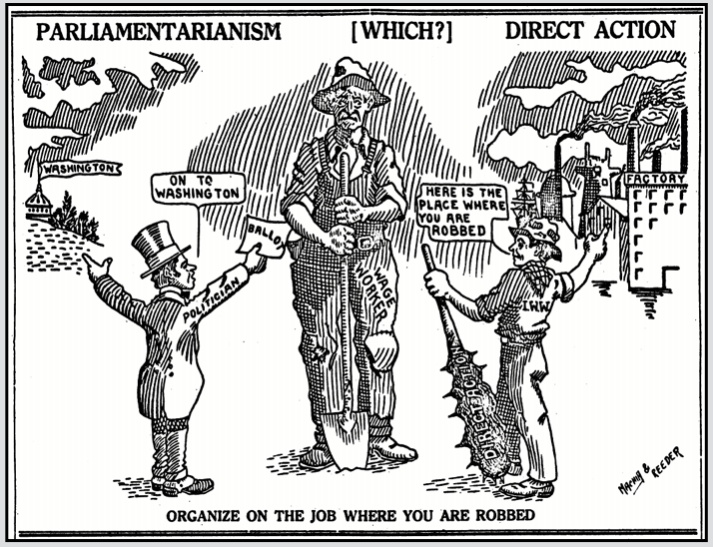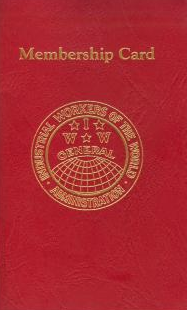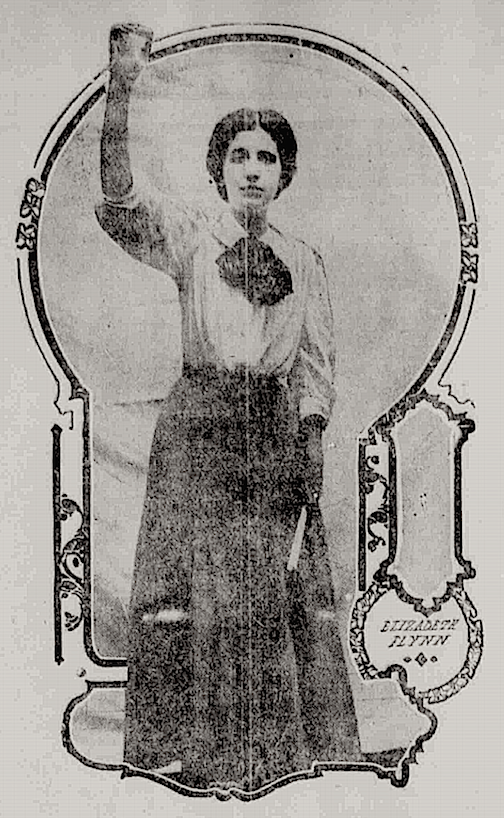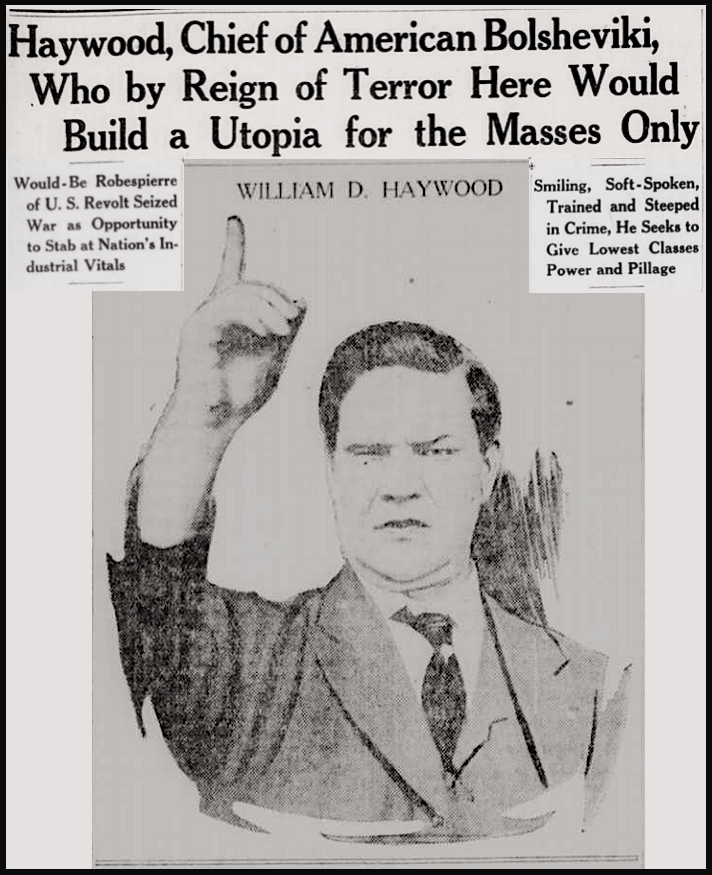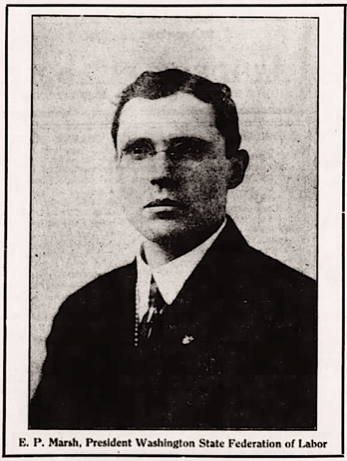 —————
—————
Hellraisers Journal – Saturday June 14, 1913
Paterson, New Jersey – Socialists Party Members Support Strike of Silk Weavers
From the International Socialist Review of June 1913:
What the Reds are Doing
in PatersonBy Alexander Scott
Editor of The Weekly Issue,
Socialist Party Paper of Passaic County.
THE Socialists of Paterson have from the beginning of the silk strike taken an active part and have performed real service for the strikers. How could they help doing so? The fight of the 25,000 silk workers, organized in the I. W. W., was their fight. A majority of the party members are themselves silk workers.
When the general strike was called, the Socialists rolled up their sleeves, ready for any emergency. No question arose as to whether the workers were being organized by the I. W. W., the A. F. of L., or S. L. P. That did not matter then.
Had the strike been called by the A. F. of L.-much as some of us might doubt the sincerity of the organizers of that organization, and dubious as we might be of the outcome of the strike-there is no doubt but that the Paterson Socialists would have as readily jumped into the fray. In fact, when a year or so ago, the Detroit faction of the I. W. W. (S. L. P.) attempted, or pretended to organize the textile workers of the Passaic county, the Socialist Party members assisted, and when it was seen that the workers had been defeated through petty political trickery, they just as readily denounced them as traitors to the working class.
In the present strike, the two arms of the revolutionary labor movement have worked in unison. The Industrial Workers of the World and the Socialist Party have demonstrated the tremendous power of their organizations when united to fight a common enemy. No force is powerful enough to overcome them.
It is the opinion of the writer that the strike would have been lost had we not all fought together, throwing the weight of our organization and press in with the I. W. W.
Let it here be understood that this article is not written with the purpose of showing the superiority of political action over direct action, but with the view of showing the necessity of both political and industrial union action in the struggle of the working class for emancipation.
The general strike was called for February 28. “Nip the strike in the bud,” ordered the mill owners. “Righto. At your service,” replied the city administration, the police, the press and some of the clergy.
The police gave orders that all halls be closed against the I. W. W., and got their clubs in readiness. The newspapers put their lying pens to work, and the clergy prepared sermons to suit the occasion. The strikers had already engaged Turn Hall as their headquarters, and the police had ordered this closed, too, and, moreover, intended to enforce the order by means of their clubs and guns, if necessary.
On the first day of the general strike a few hundred strikers filed out of Turn Hall and proceeded peacefully along the sidewalk in double file, when they were brutally attacked by a gang of blue-coated, brass-buttoned ruffians, headed by their Chief. Clubs were swung right and left, and no discrimination was made as to sex or age. One girl was struck and her cries could be heard two blocks distant.
“Well done!” said the silk bosses, and their editorial lackeys echoed, “Well done!” The bosses’ papers appeared with headlines announcing, “Rioting Strikers Suppressed by Timely Work of Chief of Police Bimson and his Squad of Men-Strike Being Nipped in the Bud.”

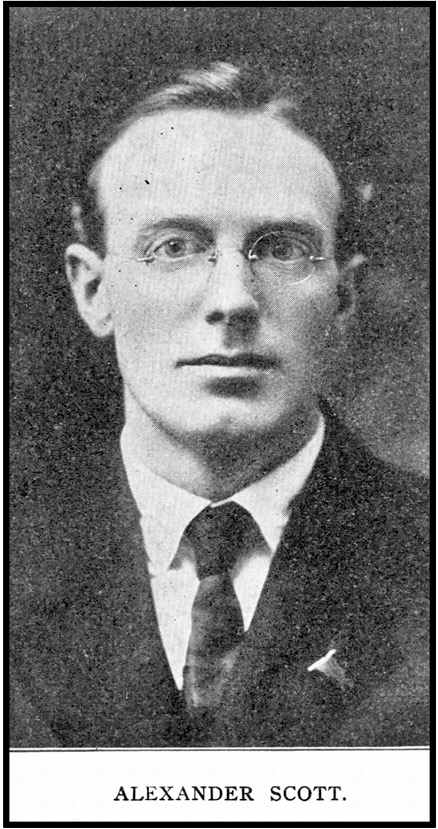
 —————
—————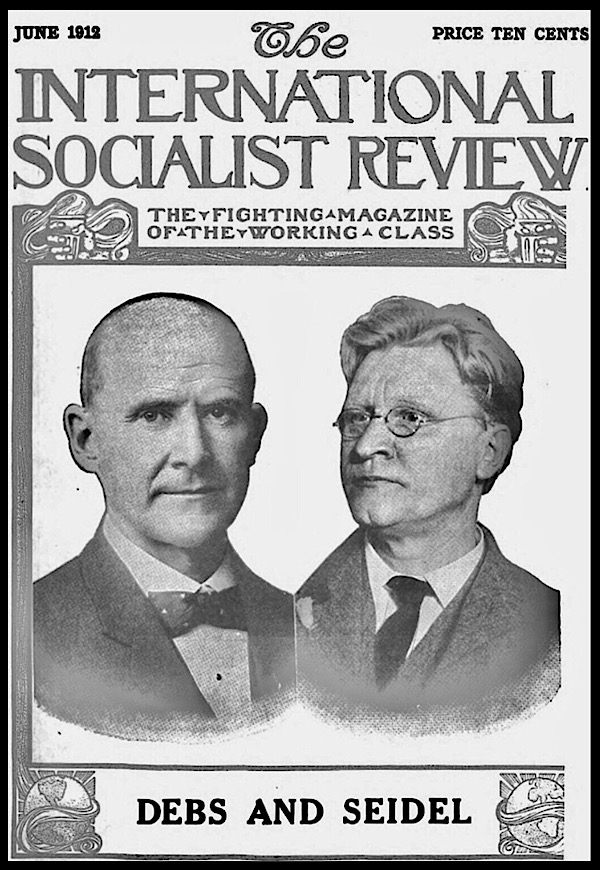
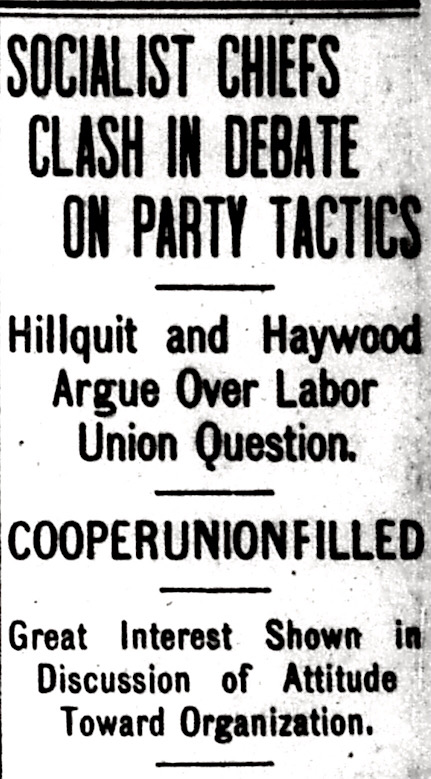
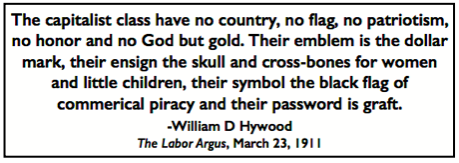 —————
—————
